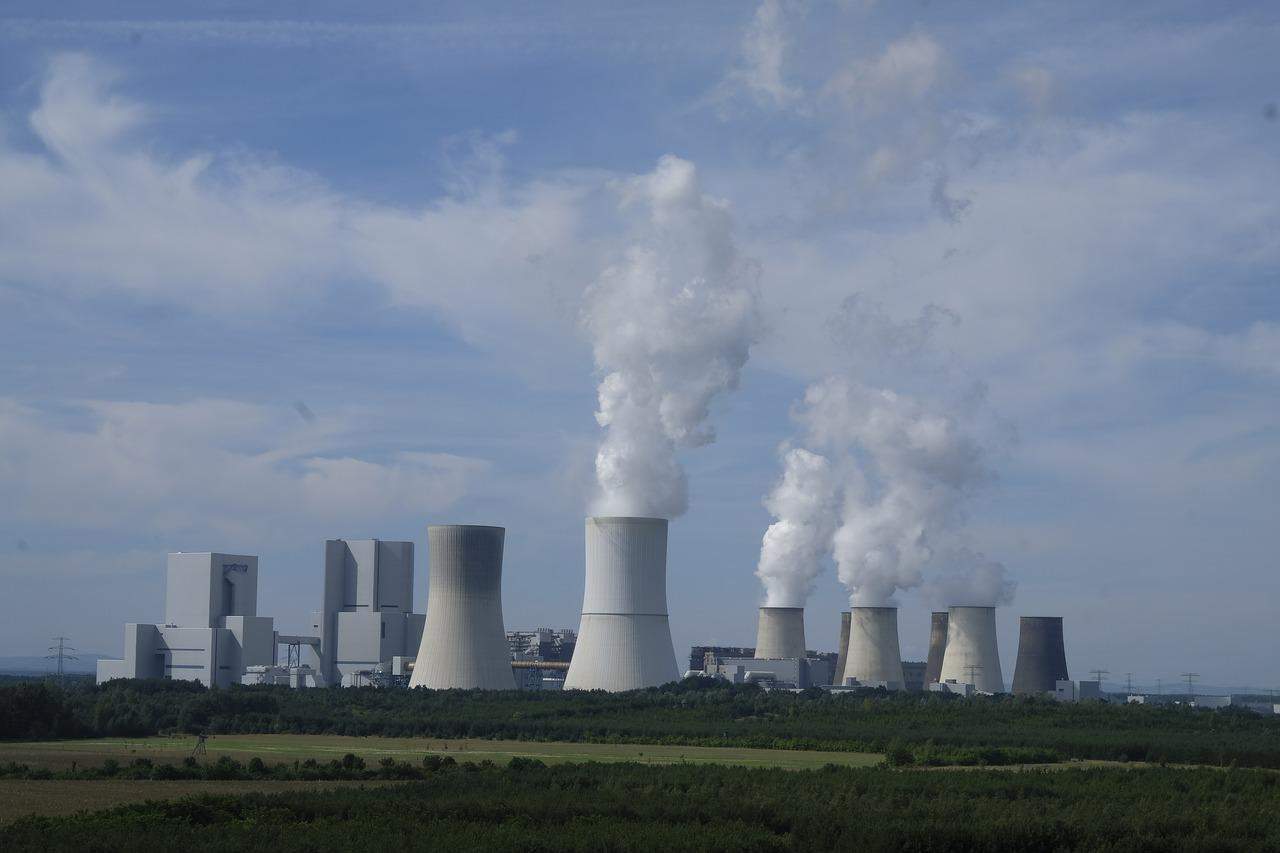Germany has had some of the highest energy prices in the EU, crippling the country’s competitiveness.
Germany has been hailed as the poster child for the green energy transition. It’s safe to say the kid is not doing all that well.
Over the past decade Germany’s decision in 2011 to quit using nuclear power has hit poorer Germans the hardest through higher energy prices. Now, however, as Europe is headed straight towards an energy crunch, the decision will prove disastrous for all Germans.
Ideologically driven government actions have put the country at risk of blackouts and exposed it to the whims of Russian President Vladimir Putin, who can turn off gas supplies to Germany at will. All of this could have been avoided, however, by using nuclear power.
A 2019 op-ed in the Wall Street Journal tagged Germany’s energy policy as the “World’s Dumbest Energy Policy.” The country’s large investments in solar and wind power, the newspaper observed, are not delivering energy reliably despite being popular with the ecologically minded middle class.
It is safe to say that the Wall Street Journal was right and Germany has one of the world’s dumbest energy policies. Non-nuclear renewables are not reliable or affordable in a highly industrialized society. Policies that attempt to exclude nuclear energy for ideological reasons, such as the New Green Deal in the United States, will inescapably lead to disaster.
Germany has consistently had some of the highest energy prices in the European Union, crippling the country’s competitiveness in power-intensive manufacturing and putting low-income families under great financial pressure.
The gap in the energy supply has been partly filled by Russian gas imports, but that has led to a dangerous dependency. Even so, before Russia’s invasion of Ukraine earlier this year, there was little resistance to these policies, especially from the wealthy urban population whose views are overrepresented in the media.
This situation has now changed because in response to European sanctions Russia has drastically reduced the amount of gas delivered to Europe. Now many Germans are having second thoughts about supporting the sanctions on Russia, and Annalena Baerbock, the minister of foreign affairs, is openly talking about the possibility of public uprisings in the fall.
Nuclear power is the clearest escape from this conundrum. It is a clean source of energy and its carbon footprint is low. It is also one of the safest forms of energy: nuclear power causes the least amount of deaths per kWh.
Moreover, it generates a constant and reliable level of energy, outperforming other sources of renewable energy like wind and solar. In 2010, the runtime of German nuclear power plants was extended as local reactors were considered safe and reliable by global standards.
Unfortunately, in 2011 a nuclear accident at the Japanese Fukushima power plant followed an earthquake and a tsunami, which breathed new life into anti-nuclear sentiments in Germany. Caving to public hysteria, the government of Chancellor Angela Merkel decided to end the runtime of nuclear power plants by 2022.
In 2011, 41% of Germany’s nuclear energy production capacity was abruptly shut down, with 19% of it earmarked for the next 10 years and the remaining 40% scheduled to be phased out by the end of this year. This decision has haunted Germans for the last decade and is going to prove even more disastrous during Europe’s energy shortage following Russia’s war in Ukraine.
To understand how the economically most powerful nation in the European Union could adopt such a suicidal energy policy, one must go back to the 1970s.
After decades of post-war increases in prosperity, a homegrown anti-nuclear movement emerged. This initially decentralized movement organized protests at nuclear power plants and nuclear waste repositories. Out of these decentralized initiatives, the German Green Party was formed in 1980 and has since amassed much political power.
The Green Party remains opposed to nuclear energy. However, this largely white-collar opposition is characterized by a lack of understanding of the energy demands of private enterprises and how increased energy prices affect working class people. That is why there are few topics in German politics in which such a stark class divide is apparent.
A sound energy policy, founded on facts rather than ideology, is crucial for economic growth and social cohesion. Unfounded fears of nuclear energy should not outweigh the benefits of having cheap, clean and abundant energy.
Felix Hosse is an entrepreneur and think tank founder based in Berlin, Germany. He holds an MSc in Management from WHU – Otto Beisheim School of Management.
This story first appeared on Sustainability Times
By Felix Hosse
© 2022 Sustainability Times.
This article is licensed under a Creative Commons Attribution-ShareAlike 4.0 SA International License.












